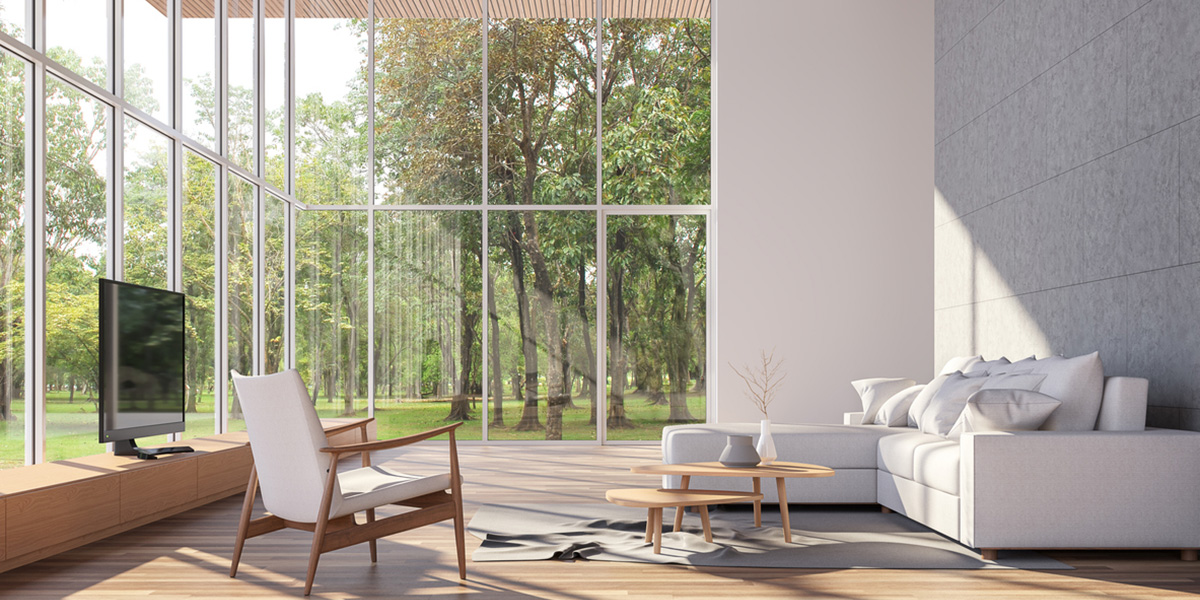 Summer is upon us once again, with triple digit temperatures expected every day for the next several months. That means high energy bills. For rooms with high ceiling height, your HVAC system will need to run longer to minimize heat gain versus a home with standard-height rooms. With afternoon temperatures often exceeding 110 degrees during the summer months, we want to share some energy saving ideas for homes with high ceilings.
Summer is upon us once again, with triple digit temperatures expected every day for the next several months. That means high energy bills. For rooms with high ceiling height, your HVAC system will need to run longer to minimize heat gain versus a home with standard-height rooms. With afternoon temperatures often exceeding 110 degrees during the summer months, we want to share some energy saving ideas for homes with high ceilings.
Energy Efficiency Audit
Having an energy expert visit your house to detect energy waste is an important first step. This way you can determine the best upgrades to boost comfort and lower monthly energy bills.
Ceiling Fans
Using your ceiling fans in summer can lower temperatures by up to four degrees. Large rooms with high ceilings should have more than one ceiling fan. When installed in the hottest areas of the room at the proper height, generally near west-facing windows, ceiling fans will improve air circulation. Ceiling fans with wider paddles move more air and will cool your room more efficiently.
AC Capacity
You may want to check the BTU capacity of your air conditioning unit. A unit with 1 or 2 BTUs higher than recommended will cool high ceiling rooms more efficiently based on square footage. HVAC units lower in BTU capacity will cycle off too often, and rooms with vaulted ceilings will not remain cool enough.
Condenser Location
Your air conditioner condenser should be located on the shadiest side of your home. The unit will use up to 10 percent less energy when it’s not exposed to direct sunlight during the day.
Insulate and Seal Leaks
Check to make sure your house is well-sealed and insulated. Properly insulated rooms with high ceilings will help keep cool air inside. Make certain your attic has at least 11 inches of fiberglass insulation. Cracks or seams that may have developed since your last home inspection should be closed with foam sealant.
Windows
Windows can cause energy bills to skyrocket due to air leakage through and around the windows. Any single-pane windows should be replaced with double paned windows. Windows with the lowest U-factors, the rate at which windows conduct non-solar heat flow, are the best choice. Checking window units for other Energy Star ratings for visible light transmittance (VT) and Solar Heat Gain Coefficient (SGHC) are other energy saving performance rating factors to consider. Energy efficient windows not only save on your electricity bills, but they also increase your home’s property value.
At Bruce’s we’re proud to be your dedicated HVAC professionals. Call us today to get started on energy efficiency at 480-968-5652.











